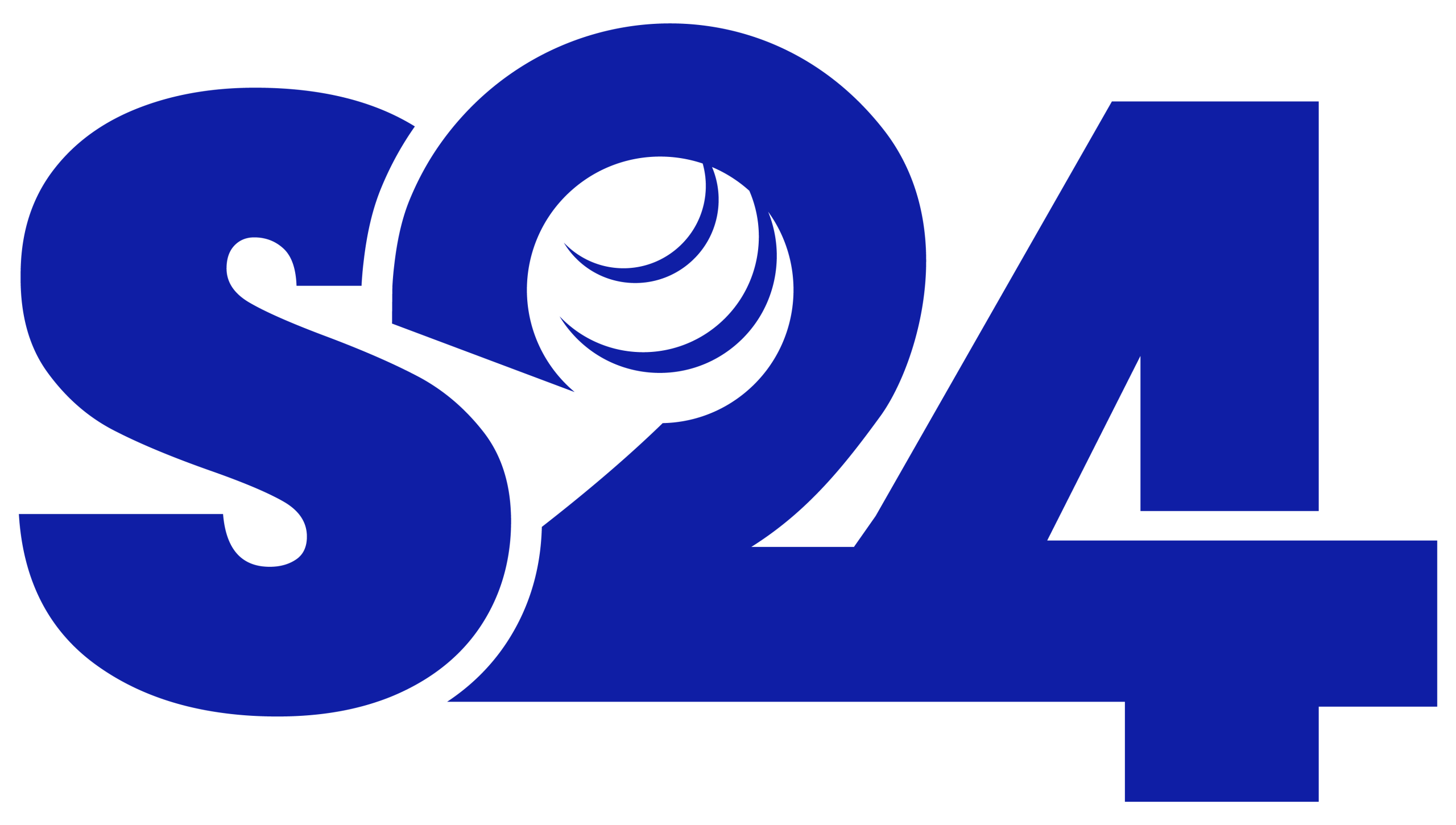By Aisha Muhammad Magaji
A Kaduna-based social media influencer known as @Sarki_Sultan (real name Abubakar Muhammad) has been arrested by the Department of State Services (DSS) over allegations of cyber-related offences, including intimidation and extortion via digital platforms. He was remanded in custody by a Kaduna magistrate court following preliminary proceedings.
According to official sources, the DSS apprehended Sarki Sultan on September 27, 2025, at his residence in Layin Dan-Masani, Rigachikun, Igabi Local Government Area, Kaduna State. [turn0search9] The service said he was arrested following petitions against him involving threats to publicly expose private images of individuals, a method widely condemned as “blackmail with nudes.”
The DSS Kaduna Command issued a statement indicating the arrest was part of a broader crackdown on cyber offences in the region. They confirmed that investigations are ongoing and that the suspect will be charged under relevant sections of Nigeria’s cybercrime laws.
On Monday, a Rigasa Magistrate Court ordered that Sarki Sultan be remanded in custody as the investigation continues. [turn0search1] The court found reasonable grounds to hold him in custody until the DSS completes its inquiry.
Legal observers note that the remand is standard in serious cybercrime investigations, especially when the accused is alleged to have threatened or exploited vulnerable individuals.
News of the arrest sparked immediate reactions on social media. Many voices expressed support for victims of cyber exploitation, emphasizing that no one should use the internet to shame or threaten others. Others raised concerns about due process, questioning whether DSS involvement is appropriate for allegations that might otherwise fall under police jurisdiction.
One user wrote, “Sarki Sultan is no activist he is a predator. For years, he hid behind activism, bullying and intimidating people online.” [turn0search0] Another asked, “Does an online dispute justify DSS agents storming a home at 2 a.m.?” reflecting public unease about heavy-handed operations.
Sarki Sultan had carved a niche for himself on social media, frequently posting content critical of politicians and local governance issues. He was known in Kaduna’s social media circles for his outspoken style and confrontational commentary.
According to informants, the complaint that triggered the arrest involved a female citizen accusing Sarki Sultan of threatening to expose her private images unless she complied with his demands. This stirred petitions and pressure on security agencies to act.
If the DSS completes its investigation and presses charges, Sarki Sultan may face prosecution under Nigeria’s Cybercrime Act or supplementary regulations. Observers will watch closely whether the case will set a precedent for influencer accountability in Nigeria’s digital sphere.
Advocacy groups and human rights organizations may demand transparency and adherence to legal rights, especially since online speech and activism sit on a delicate balance with laws on defamation, privacy, and cyber threats.








